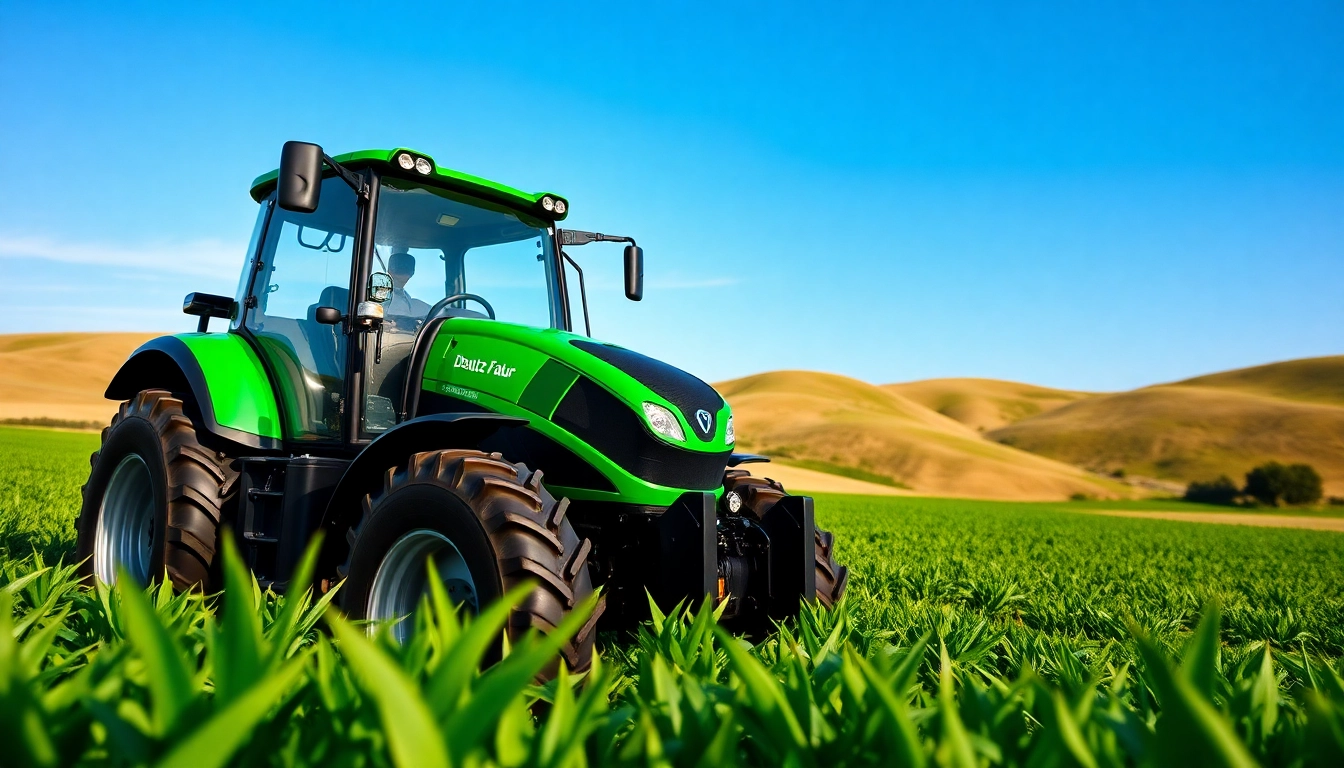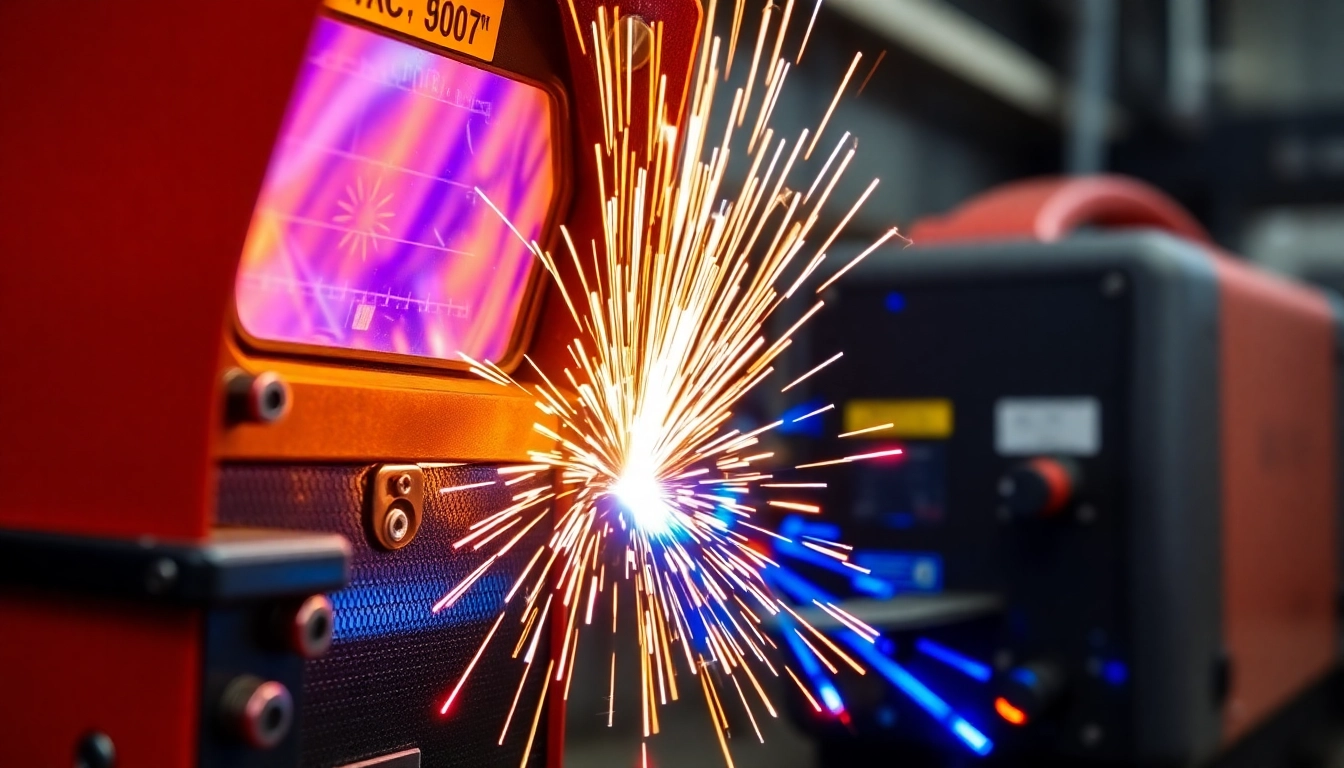Understanding NVQ Level 4 Crane Supervisor Requirements
The NVQ Level 4 Crane Supervisor qualification is crucial for professionals in the construction and crane operation industries. It serves as a benchmark for skills and knowledge necessary to supervise lifting operations safely and effectively. To succeed in this role, candidates must understand the legal requirements, safety protocols, and operational responsibilities associated with crane supervision. For a comprehensive guide of answers related to the NVQ Level 4 exam, you can refer to NVQ Level 4 Crane supervisor answers, which provides in-depth insights into various topics covered in the qualification.
Key Roles and Responsibilities
A Crane Supervisor plays a vital role in ensuring that all lifting operations are executed safely and effectively. Key responsibilities include:
- Planning Lifting Operations: This involves assessing the site, identifying the necessary equipment, and planning the sequence of lifts to ensure efficiency and safety.
- Managing the Lifting Team: The supervisor is responsible for training team members and ensuring they fully understand the lifting plan and safety requirements.
- Monitoring Safety Compliance: Regular observations must be conducted to ensure adherence to safety protocols, identifying potential hazards, and mitigating risks.
- Communication: The supervisor must effectively communicate with both the crane operator and the ground crew to coordinate lifting activities and respond to any emergencies.
Importance of Certification
Certification provides not only credibility to employers but also ensures that supervisors have undergone appropriate training. Licensed crane supervisors are better equipped to maintain safety standards, thereby reducing the risk of accidents on sites. Furthermore, having a certification can significantly enhance career prospects, making individuals more appealing to employers looking for skilled personnel.
Common Challenges in Training
While pursuing the NVQ Level 4 qualification, candidates may face several challenges:
- Lack of Experience: New entrants to the industry may struggle with practical components due to insufficient hands-on experience.
- Theoretical Knowledge: Some candidates might find it difficult to grasp the theoretical aspects of crane operations and safety regulations.
- Pressure of Assessments: The assessment process can be daunting, with many candidates feeling anxious about performing under pressure.
Crucial Topics Covered in NVQ Level 4 Crane Supervisor Answers
The NVQ Level 4 certification encompasses numerous critical topics that ensure supervisors are well-prepared:
Safety Protocols and Procedures
Understanding safety protocols is foundational to the role of a crane supervisor. This involves:
- Proper Equipment Usage: Knowledge of how to select, inspect, and operate cranes and associated lifting equipment is paramount.
- Emergency Procedures: Supervisors must be trained in emergency protocols to respond swiftly and effectively in case of an incident.
- Risk Assessment: Conducting thorough risk assessments prior to initiating lifts to identify and mitigate hazards.
Inspection and Maintenance Guidelines
Meticulous inspection and maintenance of cranes is vital to ensuring their safe operation:
- Daily Checks: Supervisors must ensure pre-operational checks are conducted on cranes before lifting tasks commence.
- Maintenance Schedules: Regular maintenance records and adherence to schedules prevent equipment failure.
- Understanding Load Capacities: Knowledge of manufacturers’ specifications regarding load limits and proper weight distribution is crucial.
Effective Communication Methods
Effective communication is crucial for ensuring safety during lifting operations:
- Use of Signals: Understanding standardized hand signals and radio communication is essential, especially when visibility is limited.
- Documentation: Keeping precise records of lifting operations and safety checks can facilitate better communication and accountability.
- Team Briefings: Regular briefings with teams before lifts to discuss operations, roles, and safety measures helps mitigate misunderstandings.
How to Utilize NVQ Level 4 Crane Supervisor Answers
Successfully leveraging the insights from NVQ Level 4 Crane Supervisor answers can significantly enhance a candidate’s ability to pass assessments and improve operational proficiency:
Study Strategies for Success
Adopting effective study strategies can make a difference in preparing for the NVQ Level 4 assessment:
- Structured Learning: Create a study schedule that allocates specific times to cover different topics.
- Practice Tests: Engaging in mock assessments can build confidence and help identify areas that require more focus.
- Peer Discussions: Joining study groups can facilitate knowledge sharing and discussion on practical applications of theoretical concepts.
Real-World Application of Knowledge
Understanding how to apply theoretical knowledge practically is essential:
- On-Site Familiarity: Familiarization with actual equipment and on-site conditions can translate classroom knowledge into practical skills.
- Mentorship Opportunities: Seeking mentorship from experienced crane supervisors can provide valuable insights into daily operations and problem-solving.
- Case Study Review: Analyzing past case studies can illustrate effective practices and common pitfalls in crane supervision.
Assessment Preparation Tips
Preparing for the NVQ Level 4 assessment requires strategic planning:”
- Reviewing Past Papers: Familiarize yourself with the format and types of questions that may arise during assessments.
- Engaging with Training Materials: Utilize available resources, including literature and online platforms, to deepen your understanding of key concepts.
- Consulting Industry Experts: Learning from professionals in the field can provide up-to-date information on current practices and regulations.
Case Studies Demonstrating Successful Crane Supervision
Learning from real-world experiences can provide valuable insights into best practices in crane supervision:
Industry Best Practices
Several organizations have successfully implemented effective crane supervision strategies:
- Case Study 1: A leading construction firm integrated daily safety meetings, yielding a 30% reduction in accidents over two years.
- Case Study 2: Another company adopted a rigorous inspection protocol for cranes, resulting in a significant decline in machinery breakdowns during operations.
Lessons Learned from Experienced Supervisors
Insights from seasoned supervisors illustrate the importance of effective leadership and communication:
- Building a culture of safety and accountability is paramount. Supervisors shared that creating an environment where team members feel comfortable reporting unsafe practices has improved compliance rates.
- Regular training and refresher courses ensure that all team members remain informed about the latest safety practices and technologies.
Impact of Certifications on Career Progression
Certifications like the NVQ Level 4 Crane Supervisor often contribute to career advancement:
- Many certified individuals reported promotions to higher supervisory roles, highlighting the value of professional certifications in career longevity.
- Employers recognize certified supervisors as leading candidates for managerial positions, leading to increased job satisfaction and team leadership opportunities.
Future Trends in Crane Supervision and Certifications
Emerging trends in technology and regulations significantly influence the landscape of crane supervision:
Emerging Technologies and Innovations
New technologies are redefining crane operations:
- Telematics: The use of telematics for tracking machinery can enhance efficiency and maintenance schedules.
- Augmented Reality: In some companies, AR is being tested for training purposes, allowing trainees to visualize lifting operations safely.
Regulatory Changes and Updates
Staying abreast of regulatory changes is critical:
- Recent updates to safety regulations emphasize the inclusion of mental health training in crane operation training programs.
- New guidelines related to environmental safety may influence the selection of equipment and operation protocols.
How to Stay Prepared and Informed
For crane supervisors, staying informed is essential for career advancement:
- Continuous Education: Engaging in lifelong learning through workshops, conferences, and additional certifications can lead to professional growth.
- Networking: Building a network with other professionals in the field can provide valuable insights into industry standards and innovations.
- Subscriptions to Industry Publications: Regularly reading industry magazines and journals can keep supervisors updated on trends and best practices.















Leave a Reply